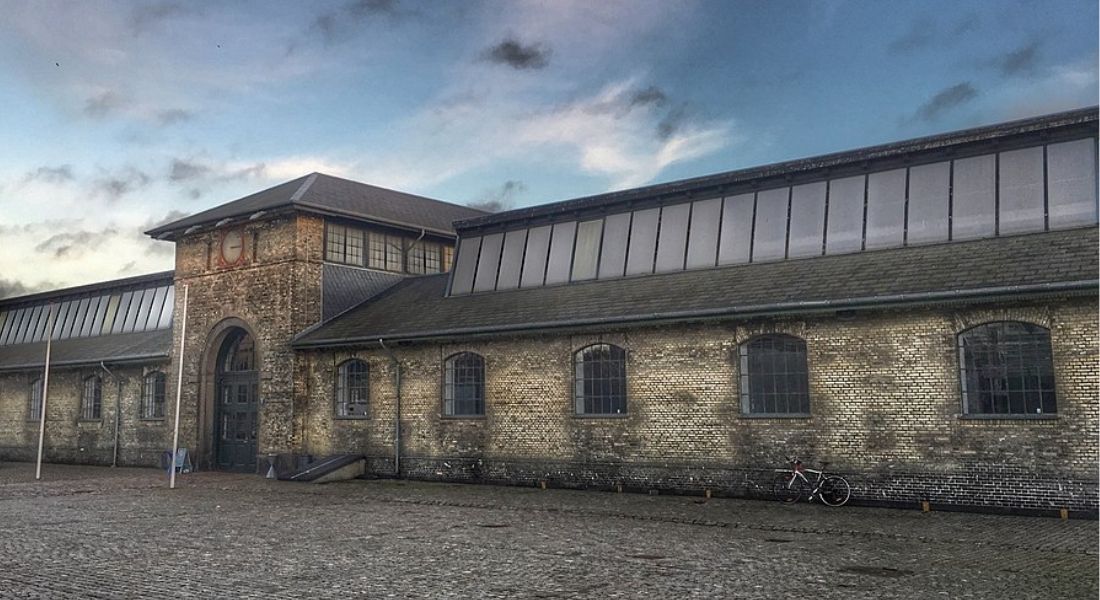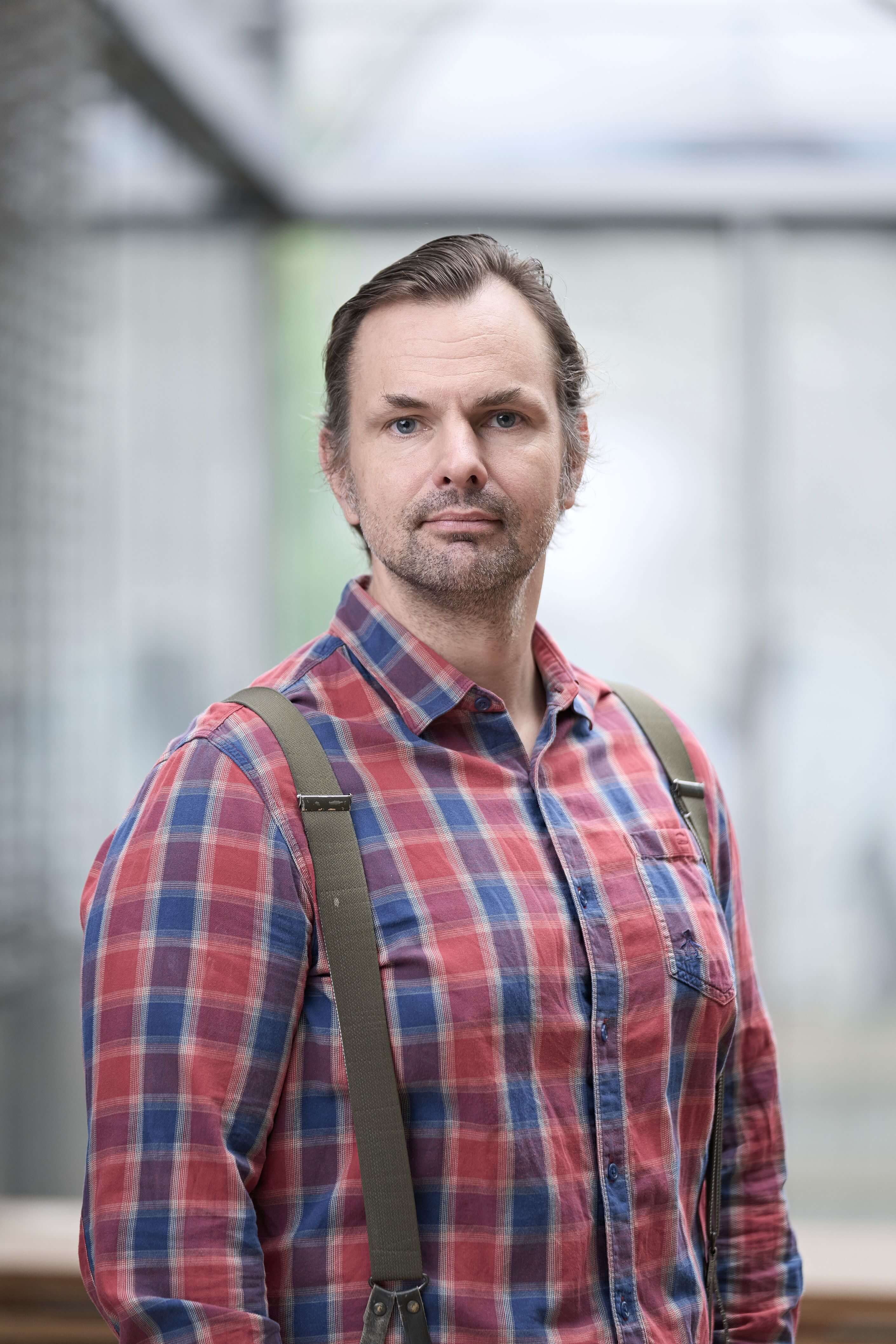ESERA Conference in Copenhagen sets attendance record
The Department of Science Education (IND) is hosting Europe’s most important conference on science education research as it takes place in Copenhagen for the very first time.

When Øksnehallen and DGI Byen open their doors in August for the ESERA 2025 Conference, it will be with more participants than ever before. More than 1,700 researchers from around the world have registered for the conference, which is being held for the 16th time since 1995. This year also marks the 30th anniversary of the ESERA conference.
“We are incredibly pleased to welcome so many international colleagues to Copenhagen,” says Jesper Bruun, Chair of the Conference and Associate Professor at the Department of Science Education.
This year's conference focuses on how science education is evolving in response to digital advancements and the growing need for sustainability.
“We aim to explore how these societal changes shape education, teaching, and learning — and how education, in turn, can influence society. We look forward to a week of science education research filled with brand-new findings, academic discussions, and networking,” says Jesper Bruun.
ESERA (European Science Education Research Association)
- Enhance the range and quality of research and research training in science education in Europe.
- Provide a forum for collaboration in science education research between European countries.
- Represent the professional interests of science education researchers in Europe.
- Seek to relate research to the policy and practice of science education in Europe.
- Foster links between science education researchers in Europe and similar communities elsewhere in the world.
Extra Support for Early-Career Researchers
This year a special effort will be made to support researchers at the beginning of their careers.
“We know that attending the ESERA conference for the first time can be overwhelming, and we want to help new researchers get the most out of their time in Copenhagen,” says Jesper Bruun.

As part of this new initiative, early-career participants can be paired with a more experienced researcher in a mentoring scheme designed to help them navigate both the academic and social aspects of the conference.
Additionally, several online workshops will be held in the lead-up to the conference to help especially first-time presenters refine their presentations.
Focus on Dialogue
Another new initiative at this year’s ESERA conference is the introduction of formats that encourage dialogue and discussion rather than one-way presentations.
“All of our formats promote reflection, discussion, and constructive feedback,” says Jesper Bruun.
Whether through exploratory seminars, shared symposia, or thematically grouped presentations, the sessions are designed to naturally connect participants with shared interests.
“Research shows that learning is supported by good discussions, exchanges, and critical engagement with ideas. At a conference like ESERA, we are all here to learn something that is new to everyone. That’s why we want to bring strong learning practices into the conference itself.
ESERA 2025 will take place from August 25–29 in Øksnehallen, at the Copenhagen Conference Center, and in the nearby facilities of Rysensteen Gymnasium. The conference is supported by the Novo Nordisk Foundation.
